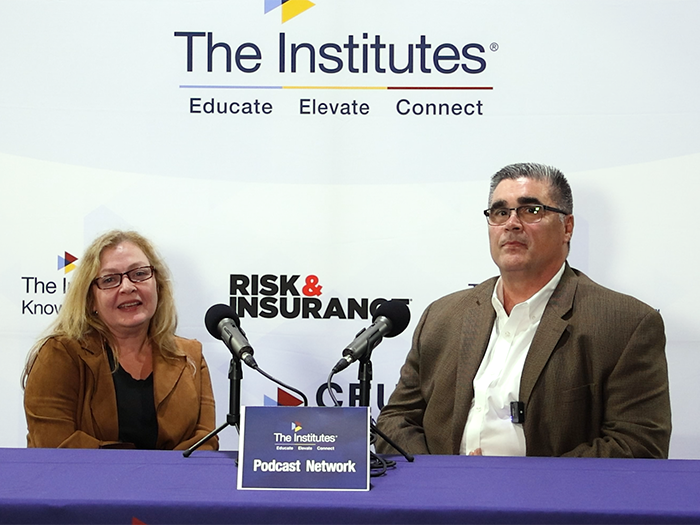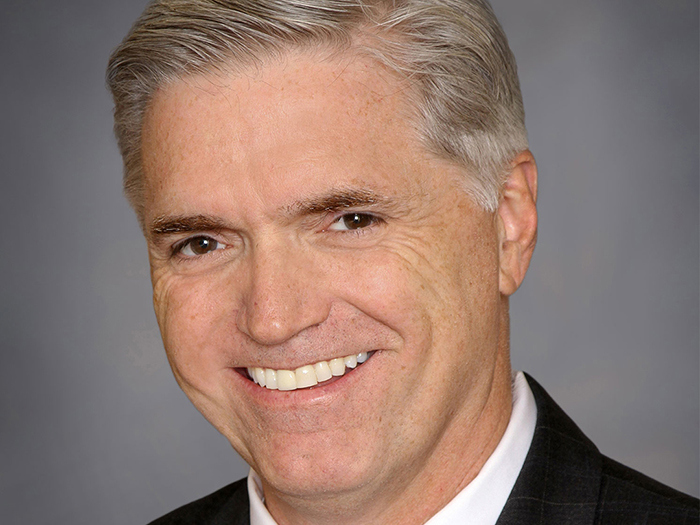Opinion | Risk Management in the Real World — the Art of Knowing When to Say Yes
There is a specific place in Central America where I like to visit with friends. It is the Tarcoles River in Garabito.
The bridge that spans the river boasts a unique opportunity for tourists both foreign and domestic. From this 50-foot-high bridge, you can observe one of the world’s largest populations of crocodiles, estimated to be around 25,000.
This bridge is a busy two-lane highway.
It is flanked on both sides with a simple railing and a very narrow ledge on which you can walk. If you slip off the ledge, you fall on the highway. If you overreach the railing, you plummet to your sure death into crocodile-infested waters.
I recently visited this bridge again with a friend. When we arrived, the bridge was undergoing upgrades. They were widening the pedestrian walkway, adding a barrier between the walkway and the highway, and they were also installing a new secure railing.
All appropriate additions.
But our hearts sank a bit as we now assumed our opportunity to observe these majestic creatures would be thwarted. To our surprise, however, tourists were still allowed to walk across through the construction area to take a peek.
There were some safety precautions in place.
But we clearly saw that in order to cross, we would have to dodge protruding cables, missing concrete, tools, even loose or non-existent rails all while hungry crocodiles looked up at us. We decided to cross — the novel reward overruled our fear of the risks.
The word “ethics” originates from the Greek word ethos as it relates to “customs” and the quest for a decent life with good values. It is not reserved solely for pursuit of the safest life where we solely minimize risk. In fact, ethics allows for the pursuit of optimal risk where we can enjoy the rewards of life’s risks.
While we crossed, we saw that the workers were a bit exasperated. But we also saw pride in their eyes. It was clear they wanted us to see this natural wonder their country had to offer.
They wanted to accommodate their colleagues who ran the tour companies so they could make a meager wage for that day.
They wanted the nearby souvenir shops to sell a few trinkets.
They wanted the trucks on the highway to cross on time and make their deliveries successfully.
It was as though they knew that so many were dependent on them. It was as though their safety as construction workers may not have been the most important thing in the economic ecosystem that existed around this bridge.
It was a novel feeling. By adopting a minimal “safety” standard, they were accommodating all of us.
This idea really made me pause and reflect on all my understanding of risk and safety standards. Were safety programs designed to satisfy ethical obligations? Business obligations? Or a healthy combination of both?
When we analyze it, the word “ethics” originates from the Greek word ethos as it relates to “customs” and the quest for a decent life with good values. It is not reserved solely for pursuit of the safest life where we solely minimize risk. In fact, ethics allows for the pursuit of optimal risk where we can enjoy the rewards of life’s risks.
Most occupational safety and health regulatory bodies tell us that their regulations are a bare minimum. It is up to the employer to determine whether to adopt more stringent requirements.
But maybe, in some cases, the bare minimum is simply good enough. &










